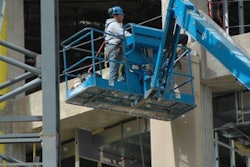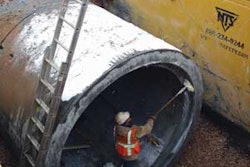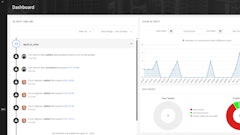
WASHINGTON - A spending bill for the Interior Department approved by the Senate this week provides an incentive for contractors to buy mine waste in the polluted Tar Creek area for use in highway projects.
Sen. Jim Inhofe, R-Tulsa, sponsored the provision, which could help the Quapaw Tribe sell "chat," mine tailings left from lead and zinc mining done decades ago in northeastern Oklahoma, to contractors on federally funded road projects.
According to Inhofe's office, 65 million tons of chat are available; 500,000 to 750,000 tons are used each year. The bill also includes $300,000 for a wastewater treatment facility in Enid, another Inhofe-sponsored project. But Inhofe and Sen. Tom Coburn, R-Muskogee, strongly opposed the bill because it spends 16 percent more money than last year's bill for the Interior Department and other agencies.
Before passing the legislation, the Senate killed an amendment by Coburn that would have redirected money intended to acquire more federal land to maintenance needs on existing federal land.
Chris Casteel, Washington Bureau
Road bill delayed
WASHINGTON - Congress will miss its deadline Wednesday to write a long-term highway bill that sets priorities and funding levels for the nation's transportation system. Now, it's under the gun to pass a temporary extension of the current law.
Separately, lawmakers haven't dealt with a planned $8.7 billion cut in transportation money that could cost Oklahoma nearly $135 million. The House this week passed a three-month extension of the current highway bill. Some House leaders want to write a long-term bill by the end of the year.
However, Inhofe and other key senators want to pass an 18-month extension to give lawmakers more time to focus on transportation policy. It's unclear how the differences will be resolved. Moreover, the extension passed by the House doesn't address the funding cut.
Senators hope to include a remedy in their extension, though they will likely have to offset the nearly $9 billion in spending, either with cuts elsewhere or in new revenue.
Chris Casteel, Washington Bureau



















